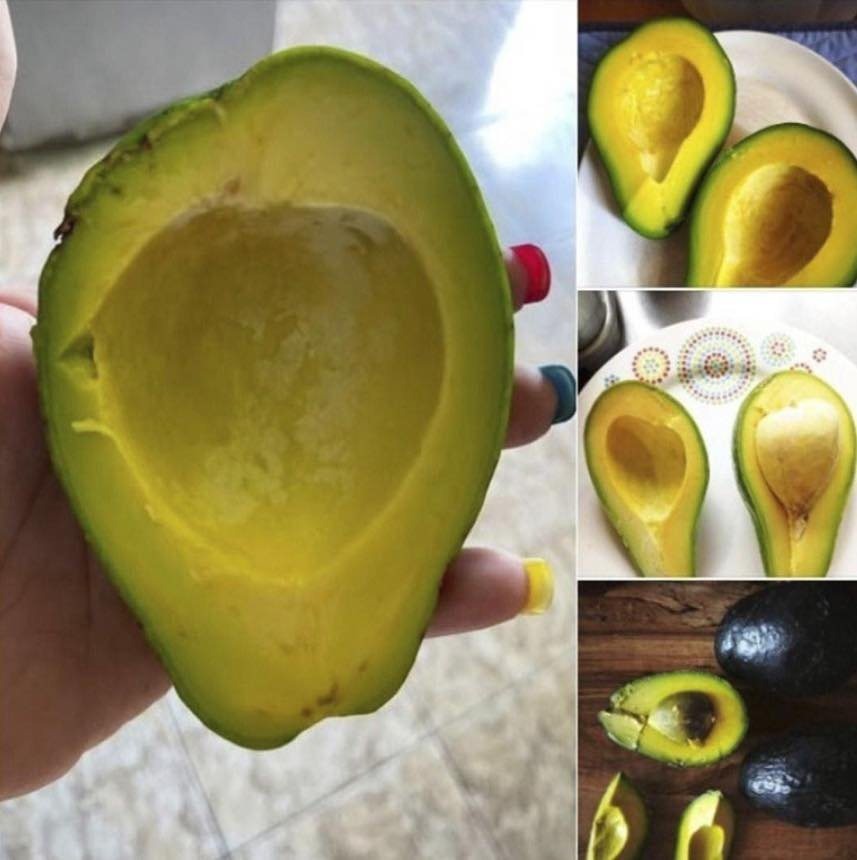Less talked about is its oxalate content, compounds that form kidney stones by binding to calcium. An avocado has 19 mg of oxalates, low compared to spinach (970 mg), but relevant if consumed in large quantities and predisposed to kidney stones. Clinical Nutrition (2024) found that in people prone to stones, a high avocado intake (2-3 daily) increased stone formation by 12% over seven years. Combining it with sufficient water (2-3 liters daily) mitigates this effect.
Fiber and Kidney Health: An Underrated Benefit:
With 7g of fiber per fruit, avocado supports digestion and glucose control, both vital for the kidneys. Fiber prevents diabetes, a leading cause of CKD, reducing its incidence by 10% in diets rich in this nutrient (Diabetes Care, 2024). In the long term, this relieves pressure on the kidneys, which filter fewer toxins when the metabolism is stable.
Who Should Be Aware?
The impact of avocado varies depending on kidney status. In healthy kidneys, it is protective, but in patients with CKD—which affects 13% of adults (Lancet, 2024)—potassium and calories can be a challenge. A study in Nephrology Dialysis Transplantation (2023) noted that 20% of these patients showed hyperkalemia after one year of daily consumption. Consult a nephrologist if you have a history of kidney disease before making it a habit.
The truth is, not everyone cares:
Continued on next page
ADVERTISEMENT

